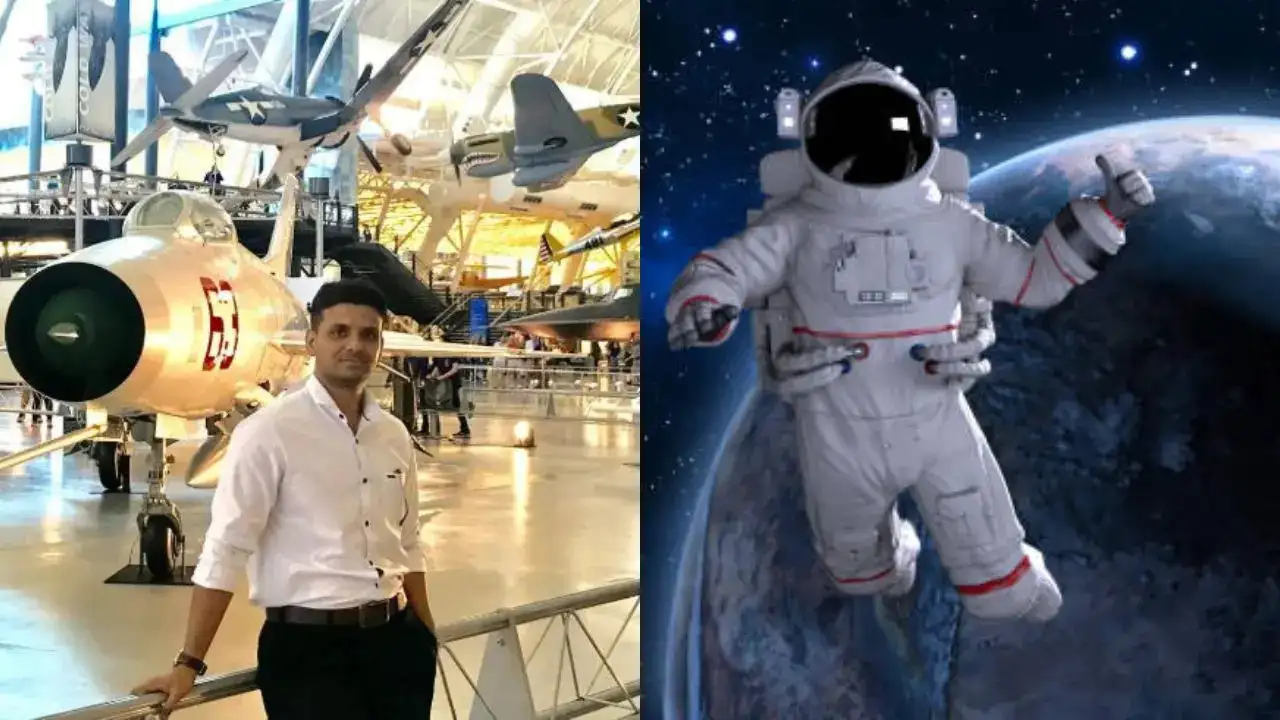
While the human body evolves to function in the gravity of Earth, the weightlessness of space can lead to many health issues (Pic: Instagram/iStock)
Indian Air Force officer Shubhanshu Shukla flew to space in a SpaceX Falcon 9 spacecraft with the Crew Dragon capsule after several delays from Kennedy Space Center in Florida. The two-week-long mission has four other astronauts traveling to the International Space Station.
This mission makes Shubhanshu the second Indian to travel to space after a gap of over 40 years.
While the time spent in space is an experience not most of us can have, there are many challenges that space travelers face there. While the human body evolves to function in the gravity of Earth, the weightlessness of space can lead to many health issues, which experts believe can take years to fully recover from.
While Shubhanshu will be spending a fortnight in ISS carrying out a series of scientific experiments on food and nutrition in microgravity, there will be extreme conditions as well.
Changes that happen in astronaut’s bodies
Muscle loss
Experts say when it comes to muscle strength, it can dwindle if not used properly. Even standing still will make an effort to use muscles throughout the body to hold them upright. Since there is no gravity in space, muscle strength may tak a different meaning when everything is weightless. Most astronauts face a muscle loss of over 20 per cent after spending just two weeks in space. In longer missions, ranging from three to six weeks, the muscle mass drops down to even 30 per cent.
Accelerated ageing
Doctors say the heart will not be pumping blood against gravity and so will work easily. But it begins to weaken at an accelerated pace. Even the bones start becoming weaker and more brittle.
Experts say since there is no balance in old cells dying and the new ones forming, the resistance of working against gravity causes the bones to hurt for a long time after the astronauts return.
Swelling and puffiness
Since there is no gravity, body fluid—instead of being pulled down towards the legs as on Earth—drifts up towards the chest and face, leading to a puffy face. In the long run, it can cause swelling in the brain and changes in the eye, including the optic nerve, retina, and even the shape of the eye.
According to experts, this temporary condition, known as spaceflight-associated neuro-ocular syndrome, causes blurred vision and potentially irreversible damage.
Dizziness
Microgravity can distort the vestibular system even during a short space flight. According to experts, it can lead to disorientation, and astronauts may feel dizzy sometimes.
What is the daily routine of astronauts in space?
In space, astronauts have a daily routine to follow, which involves two hours of exercise—a combination of treadmill, cycling machine, and weights—to maintain as much muscle and bone health as possible.
